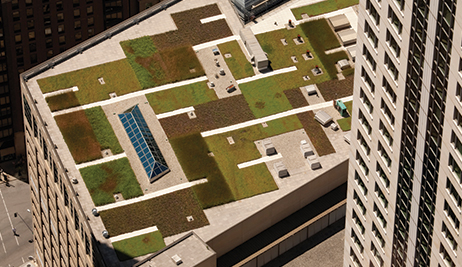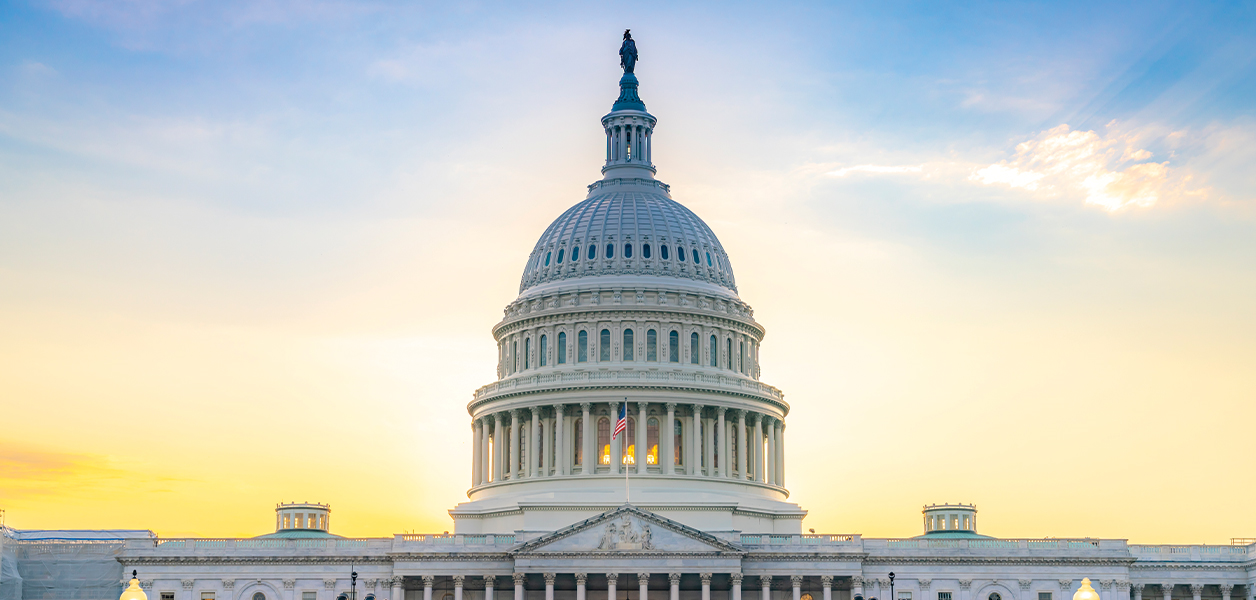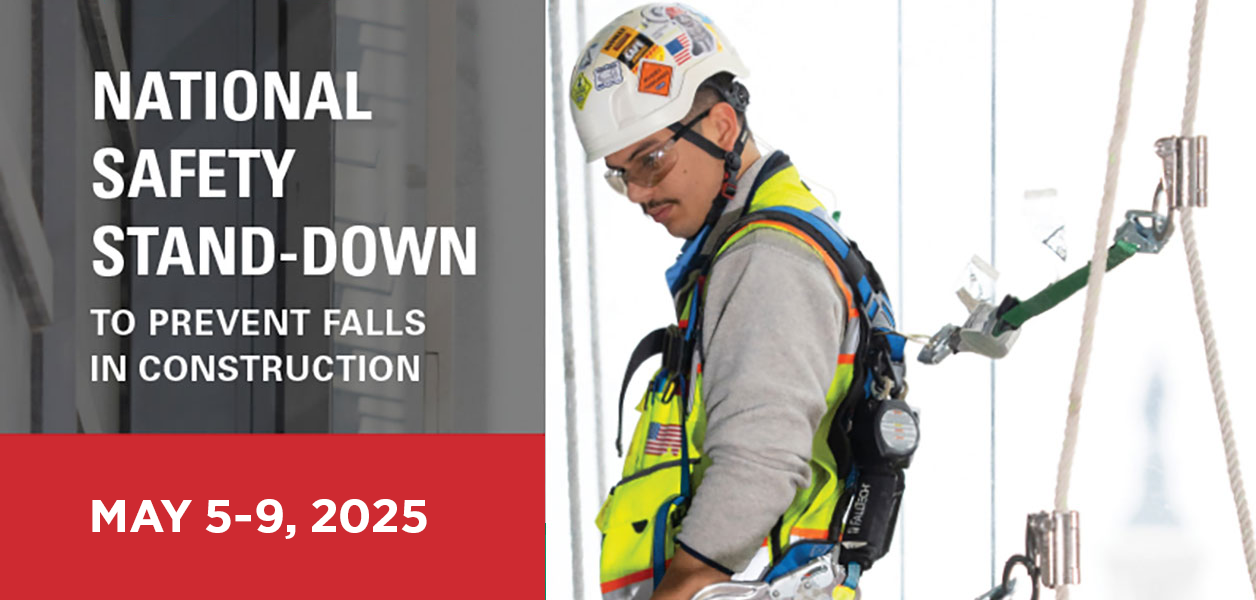Sens. Jeanne Shaheen (D-N.H.) and Rob Portman (R-Ohio) recently introduced the Energy Savings and Industrial Competitiveness Act, legislation that would strengthen national model building codes to make new homes and commercial buildings more energy-efficient, according to www.constructiondive.com.
Efficiency advocates say the bill could strengthen the U.S. economy while also reducing greenhouse gas emissions. Opponents, including the National Association of Home Builders, say the legislation’s proposed model building code changes are “overly costly and aggressive energy efficiency requirements.”
In addition to strengthening building codes, the legislation would direct the Department of Energy to work with private sector partners to encourage research, development and commercialization of energy-efficient technology and processes for industrial applications; require the federal government to adopt energy-saving techniques for computers, saving energy and taxpayer dollars; allow federal agencies to use existing funds to update plans for new federal buildings, using the most current building efficiency standards; and create a Commercial Building Energy Efficiency Financing Initiative to spark private sector investment in building efficiency upgrades and renovations.
In a statement, Jason Hartke, president of the Alliance to Save Energy, said the latest legislation includes “some of the best tools available to use energy more efficiently. It’s a better-than-ever plan to accelerate energy efficiency, and it's time to get it across the finish line.”
However, NAHB said its association supports efficiency but cautioned against passing the legislation, saying it “takes the wrong approach.”
“The legislation would harm housing affordability by imposing overly costly and aggressive energy efficiency requirements in model building energy codes,” said NAHB Chairman Greg Ugalde in a statement. “Moreover, the bill would discourage states from adopting codes that meet their specific needs.”
NAHB said it would instead support bipartisan legislation introduced by Reps. Kurt Schrader (D-Ore.) and Bill Flores (R-Texas) that requires DOE-supported codes to have a payback period of 10 years or less.





